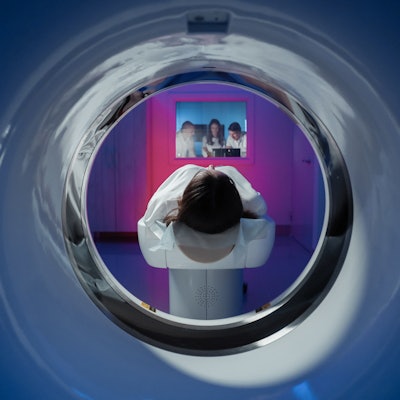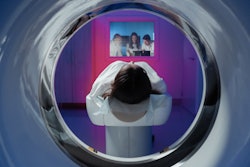
The U.K. government has unveiled a plan to open 13 new diagnostic facilities in England. The scheme is seen as an integral part of its strategy for tackling the growing hospital waiting lists and staff shortages, but some people remain deeply skeptical about its prospects for success.
The effort is part of the country's Elective Recovery Taskforce, which was established last year to identify ways to cut waiting times, the Department of Health and Social Care noted in a press release issued on 4 August.
Eight of the 13 centers will be independently run. Of these, five will serve the South West of England, with permanent sites fully opening in 2024 in Redruth, Bristol, Torbay, Yeovil, and Weston-super-Mare; three others will open in November and December in Southend, Northampton, and South Birmingham.
Additionally, five more centers run by the National Health Service (NHS) will open in Hornchurch, Skegness, Lincoln, Nottingham, and Stoke-on-Trent.
The Department of Health and Social Care plans to open up to 160 community diagnostic centers (CDCs) in England by 2025, it said. Currently, there are 114 CDCs open across the country that have provided 4.6 million tests and scans since July 2021. The scheme does not include Scotland, Wales, and Northern Ireland because healthcare is a responsibility for the devolved governments there.
Backlog of scans
Despite this, the NHS is still struggling to carry out diagnostic tests quickly enough, with a quarter of patients waiting more than six weeks, compared to 3-4% before the pandemic, according to an article posted on 5 August by BBC News. A record 7.5 million people are waiting for treatment -- three million more than before the pandemic.
From October 2023 the government has pledged that patients waiting more than 40 weeks for their first outpatient appointment or treatment can request switching to somewhere else for care.
Helen Buckingham, director of strategy at the Nuffield Trust think thank, told BBC News that collaboration between the NHS and the private sector was necessary but "unintended consequences" needed to be considered.
"Waiting times for tests, scans and results were growing before the backlogs caused by the pandemic, fuelled by growing demand, lack of investment in new equipment and shortages of trained specialists," she said. "While more independent sector involvement will help boost capacity quicker, it does not fix the root of the issue or provide the NHS with the resources it needs to meet the demand on it for the longer-term."
Debate intensifies on Twitter
Meanwhile, medical consultant Dr. Dan Goyal noted on Twitter on 7 August that "demand is off the charts" and "it’s hard to see a way back for NHS England."
"Private healthcare now has direct and unlimited access to NHS funds… And the media and opposition are too weak or complicit to shine a light on it," he added. "It’s hard not to see this as the end of the NHS in England."
According to Dr. Matt Kneale, co-chair of the Doctors' Association UK, "The Government is showing a disregard for core NHS issues. We call on them to tackle the root causes of the backlog & staffing shortages -- prioritise investment in retention and expansion of workforce, infrastructure & capacity. Outsourcing is not acceptable."
More radiologists and clinical oncologists are needed to keep up with demand, the Royal College of Radiologists noted on 7 August. "Most consultants who left the workforce last year were under 60, with many suffering burnout."



















